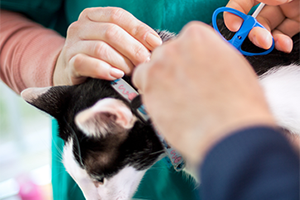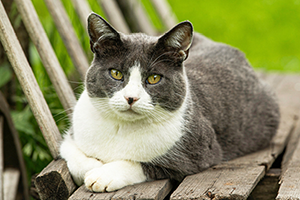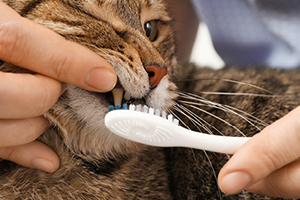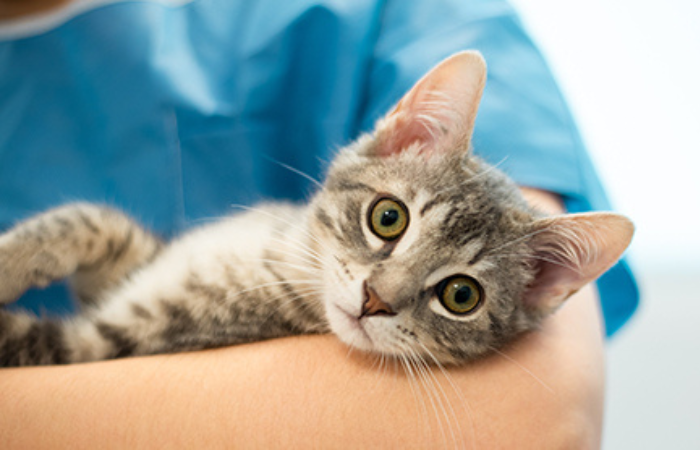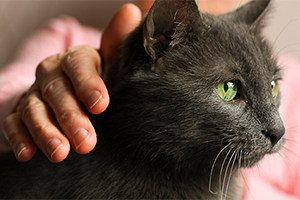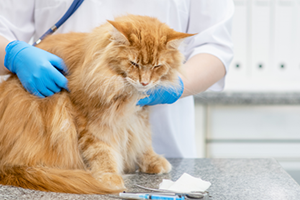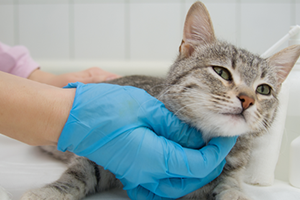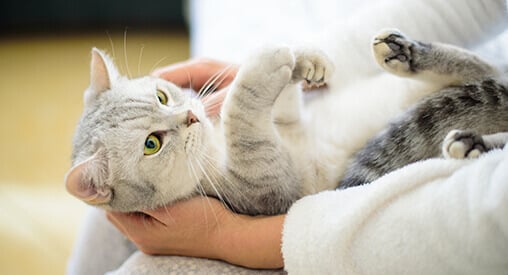Kitten teething: what you need to know
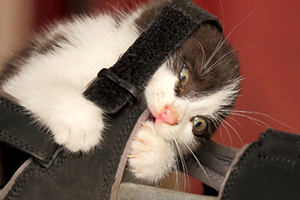
Dealing with teething can be one of the toughest aspects of being a new kitten owner, but the process can be made easier if you know how to help when your kitten is teething.
Quick Links
What is kitten teething?
Teething is an important developmental stage for kittens. Kittens start to get their baby teeth at around three weeks old – before most kitten owners will even have their pets. The big challenge comes for pet owners when their kittens start to develop their adult teeth. To ease the pain associated with teething, kittens may start to chew anything and everything, including your hands and furniture and their own paws.
When do kittens get their adult teeth?
Kittens start to lose their baby teeth at around nine weeks and continue to do so until around six months. They should have all their adult teeth by the time they are six months old.
What effect does teething have on a kitten?
Your kitten’s gums might be red and sore while they are teething and it’s not unusual to see a small amount of blood. Your kitten might also lose their appetite and groom themselves less than usual. The most obvious sign of kitten teething, however, is that they will start to bite and chew almost everything in sight, from your upholstery to your toes, via homework and electrical cables.
How to help your kitten with teething
There are a few things you can do to help your kitten (and your furniture) get through the teething process. While it might be tempting to let your kitten gnaw on your fingers, this won’t seem like such a good idea when they are a fully grown cat with sharp teeth so it’s important to get into good habits early on.
1. Keep your kitten busy
Kittens need mental and physical stimulation so it’s important they have plenty to keep them active. Make sure they have a scratching post and plenty of things to play with, whether it’s sticks and pom poms and toilet roll tubes or a top-of-the range cat tree.
2. Give your kitten safe things to chew on
Offer your kitten a cloth toy or braided rope to chew on. You can also buy a range of kitten teething toys, from catnip-based ones to soft nylon toys so they can exercise their teeth safely. Putting these in the freezer can also help ease your kitten’s gums and give them something new and interesting to chew on. Make sure these toys and distractions are close by so you can call on them when needed.
3. Use positive association
Your kitten should not be punished for chewing. And it might be harder to train a cat to stop chewing (doing anything, for that matter) than a puppy. However, it’s still possible to reward your kitten for chewing on their own toy. All you need to do is work out whether they are motivated more by affection or food.
4. Start a good dental hygiene routine
Dental hygiene is important for cats so use this time to get your kitten used to you looking and feeling inside its mouth. This will make it easier to spot dental problems in the future and will help you bond with your kitten during the teething process. Please do not feel tempted to give your kitten any human painkillers during teething. Painkillers are rarely needed and should only ever be given under the direction of your vet.
What are your top tips for helping your kitten through the teething process? Tell us on social media using the tag #PethoodStories.
Follow us
Petplan is a trading name of Pet Plan Limited (Registered in England No. 1282939) and Allianz Insurance plc (Registered in England No. 84638), Registered office: 57 Ladymead, Guildford, Surrey GU1 1DB.
Pet Plan Limited is authorised and regulated by the Financial Conduct Authority. Financial Services Register No. 311969. Allianz Insurance plc is authorised by the Prudential Regulation Authority and regulated by the Financial Conduct Authority and the Prudential Regulation Authority. Financial Services Register No. 121849. Pet Plan Limited is a subsidiary of Allianz Insurance plc.


